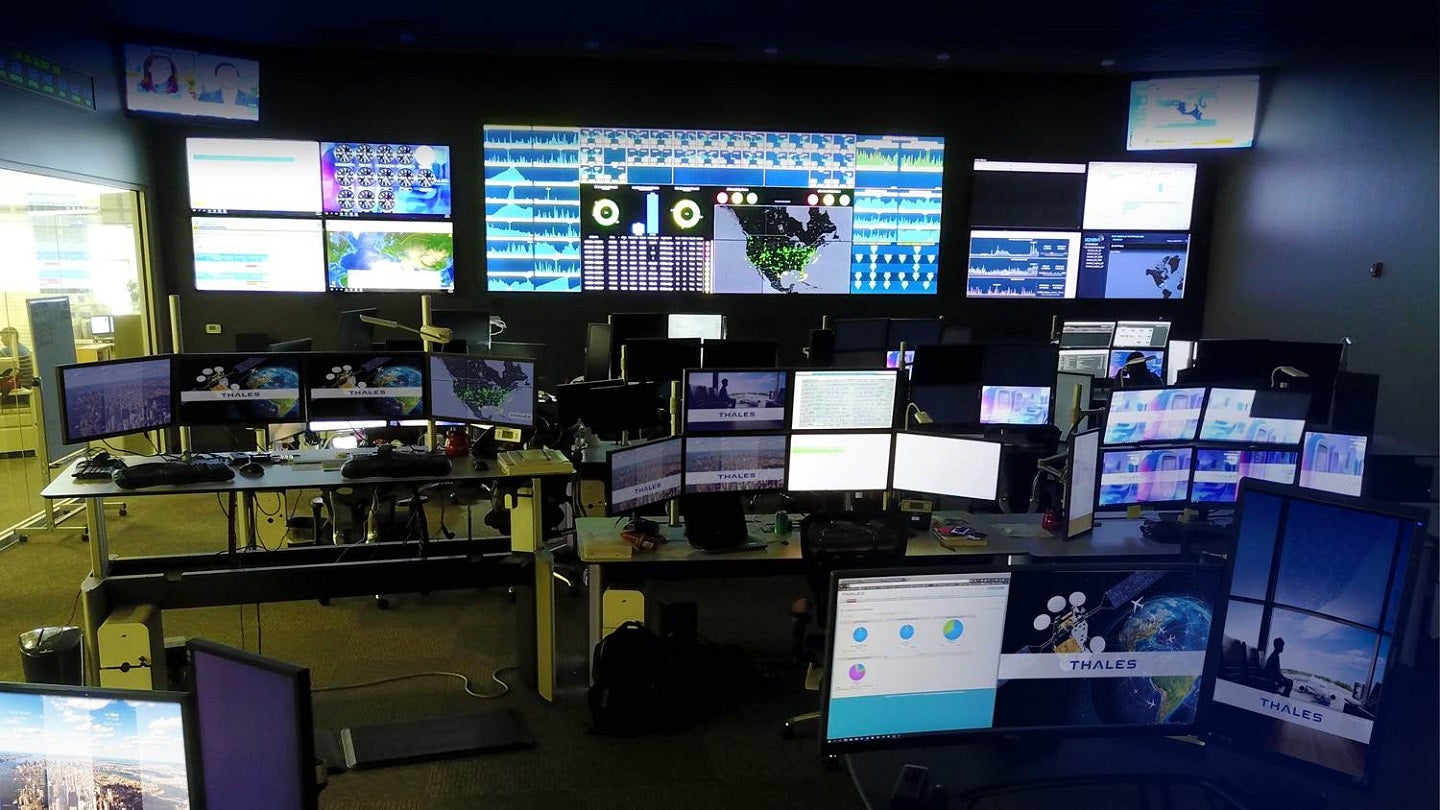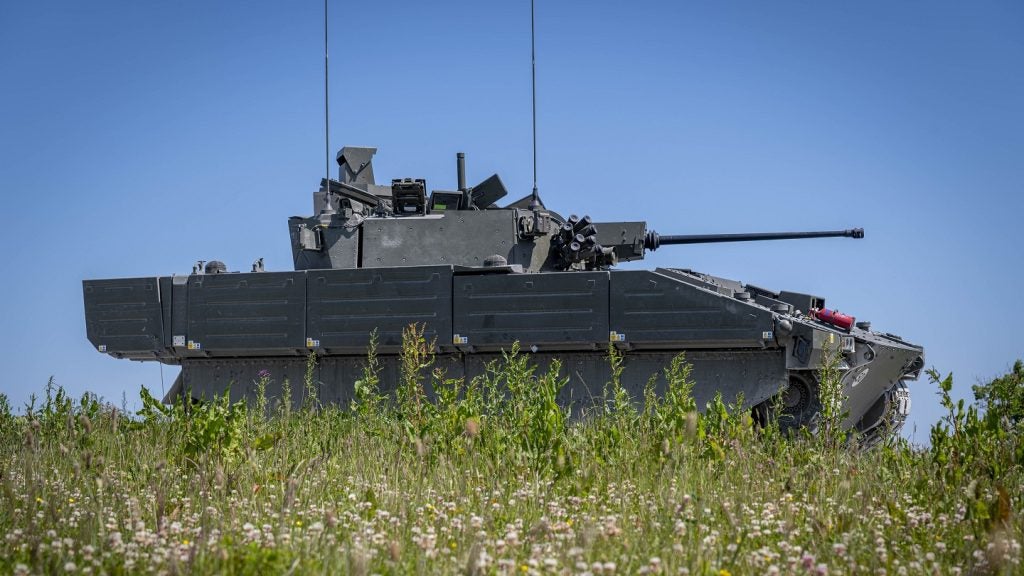
European defence and security original equipment manufacturer Thales has put forward the proposed acquisition of Tesserent, one of Australia’s and New Zealand’s largest cybersecurity companies, with the latter company achieved a 2022 calendar year turnover of A$185m ($125.8m).
With around 500 employees across nine offices in Australia and New Zealand, Tesserent offers cybersecurity consultancy for governments and defence clients, providing solutions and services to medium and enterprise-level organisations.
According to a 13 June Thales release, the acquisition would enable the company to accelerate its cybersecurity development roadmap and expand its footprint in Australia and New Zealand. In 2022 alone Thales netted $1.6bn in cybersecurity sales.
The proposed acquisition has been unanimously recommended by Tesserent’s board of directors, states Thales, which is now subject to Tesserent’s shareholders’ approval and other conditions.
The combination of Thales and Tesserent will create an experienced provider of much needed cybersecurity services in Australia and New Zealand at a time when the market is expecting double-digit growth through to 2026, stated the Thales release.
The Tesserent business will continue to be known as Tesserent, and its visual identity will incorporate the “Cyber Solutions by Thales” tagline. It will become the lead cybersecurity offering of Thales Australia and New Zealand.
The deal is expected to be concluded in the second half of 2023.
James Marques, aerospace, defence, and security analyst at GlobalData, said that there is a “large appetite” for French companies to continue to do business in the Australasia region, despite Canberra very publicly snubbing French industry in the procurement of a new generation of submarines for the Royal Australian Navy.
“Thales is active in pretty much all parts of the cybersecurity service chain. They do risk assessment, training, detection and response, and already have a strong Australian presence – who are probably feeling pressure to improve security as competition with China increases,” Marques said.
Cybersecurity market growth as threats proliferate
Given the increasing array of sensors and other data streams that are a prerequisite for operating in the modern battlespace, there is an increasing number of devices that need to be cyber-secure.
According to GlobalData’s Cybersecurity in Defense – Thematic Research report, published in June 2022, the sector is seeing increasing threats of cyber-attacks, growing in line with increased connectively between physical and digital systems. Lower barriers to entry for cyberthreat actors, more aggressive attack methods, a dearth of cybersecurity professionals, and patchwork governance mechanisms have aggravated the risk for companies and organisations operating in the defence space.
The report states that cybersecurity has become a key issue to consider for all sectors, however, the sensitive nature of defence data and consequential national security concerns elevate the importance of data security for defense manufacturers. Cybersecurity for militaries and states is an issue of national security because a successful attack could mean that threat actors gain the ability to control and use destructive weapons, or that critical national infrastructure is weakened.
Publishing its forecast, GlobalData stated that global security revenues were headed for strong growth in the first half of the 2020s, reaching $198bn by 2025. The strongest growth will be seen in software, which will record a compound annual growth rate (CAGR) of 13% between 2020 and 2025, rising from $52.1bn in 2020 to $96.5bn in 2025.
Over the same period, hardware revenues will increase from $26.5bn to $40.7bn, a CAGR of 10%. Services will record the smallest CAGR, 5%, rising from $47.9bn in 2020 to $60.7bn in 2025.







